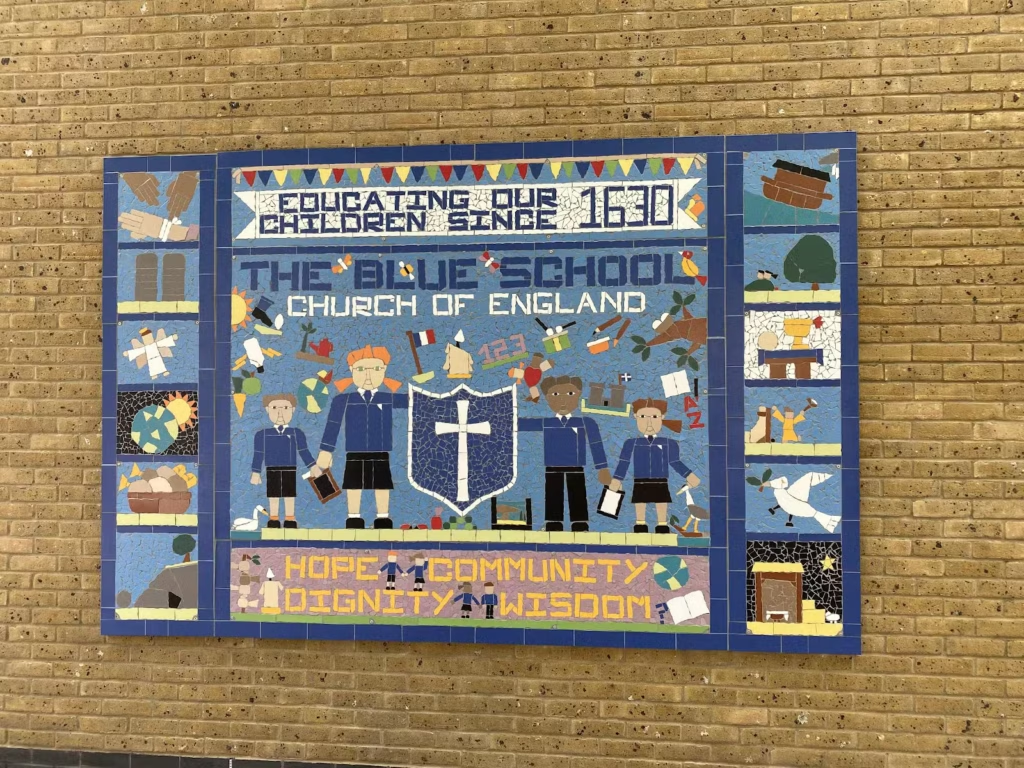Vision Statement
At The Blue School, our aim is to prepare pupils to be creative thinkers, encouraging pupils to make positive changes to their quality of life through DT.
All learners will be exposed to and will have the ability to apply a range of skills in designing and making while following a sequenced curriculum, which builds upon the skills learnt in the early years through to more sophisticated projects involving circuits and more complex joinery in the upper key stage 2.
Children at The Blue School will draw upon a large knowledge base, which has been built upon year after year through dedicated exercises in retrieval and effective evaluation of skills learnt.
The National Curriculum for DT is now in two strands – designing and making, and cooking and nutrition.

